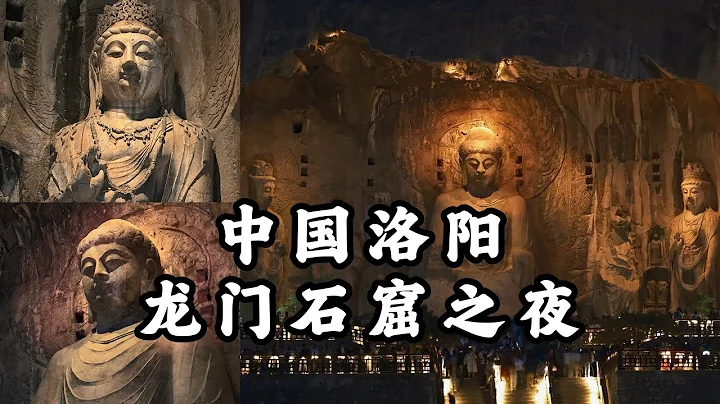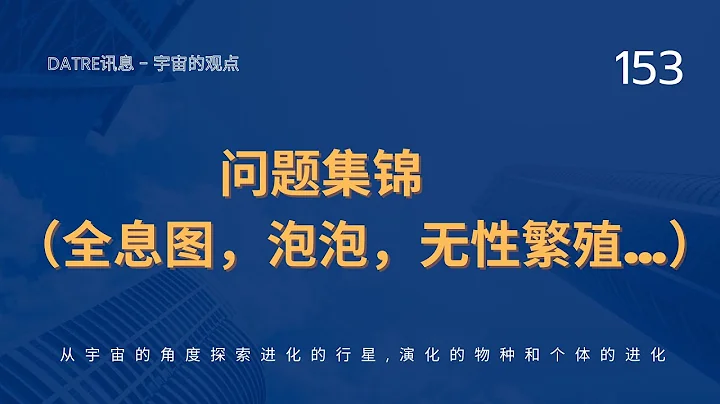Government became mediocre and decadent through bribery

From the end of Qianlong to the Daoguang period of Jiaqing, in the feudal society under the rule of Qing Dynasty, land was highly concentrated, finances were extremely scarce, government was extremely corrupt, and armaments were seriously depleted. This feudal country was in great prosperity for a while. has rapidly declined. What followed was the rapid intensification of class and ethnic conflicts across the country.
After the middle of the Qing Dynasty, with the increasing consolidation and development of the political and economic power of the landlord class, aristocrats, bureaucrats, landlords, and big businessmen began to annex land crazily. After the Manchu nobles entered the customs, they immediately occupied a large amount of land in the names of royal estates, clan estates, and Eight Banners lands. Although the Qing government formally issued an order to stop land enclosures in the eighth year of Kangxi (69), the Manchu aristocrats continued to rely on political privileges to occupy fertile land. During the Qianlong period, the official land and imperial estates controlled by the royal family alone amounted to 60 to 70 million acres. Manchu big bureaucrats also competed to seize land. During the Qianlong period, the great bachelors and Shen , who had been in power for 20 years, occupied thousands of hectares, and the great bachelor Qishan during the Daoguang period occupied more than 2.56 million acres. The amount of land occupied by the Han big bureaucrats is also astonishing.

Sun Yuting, the governor of Liangjiang during the Jiaqing period, occupied more than 30,000 acres of land in Shandong. Generally, large landowners and businessmen can annex land worth tens of thousands of dollars. During the reign of Emperor Qianlong, the Hao family in Huairou, Zhili, was "rich and fertile". In the early years of Daoguang, the Yuan family in Cangzhou, Zhili, occupied 2,000 hectares of land. In the barren Shaanxi-Gansu region, big landowners often take advantage of farmers' bankruptcy and flight to seize large amounts of people's land. "There was one household with tens of thousands of acres of land, ranging from 30, 40, 50, 50, 10, 20,000 to 10,000 acres." During this period, some big businessmen used their large amounts of capital to snap up land. During the Jiaqing period, Liu Chongwei, a wood merchant in Hengyang, Hunan who made a fortune by operating a mountain farm and selling timber, had his descendants own ten thousand acres of farmland. The annexation of land by nobles, bureaucrats, landowners, and big businessmen concentrated a large amount of land in the hands of a few people, while the majority of farmers were displaced due to the loss of their land.


As early as the thirteenth year of Qianlong (1748), Yang Xifu, the governor of Hunan, pointed out the serious situation of land concentration in Hunan. He said: "Recently, about 50 to 60 percent of the land has been owned by rich households. Those who had land in the past are now all tenant farmers." The concentration of land has become increasingly intense, eventually leading to "the rich have endless fields, while the poor have nothing." The serious situation of "standing cone". A large number of farmers who lost their land either became tenants and hired laborers, or became refugees with no land to farm and no place to live. Peasants who became tenants were forced to endure the brutal exploitation of high land rents by the landlord class. The land rent rate at that time was at least four or six (i.e. four for the landlord and six for the tenant), usually half and half, with the landlord and tenant each getting half. In addition to paying regular rent to the landlord, tenant farmers often had to pay various additional rents to the landlord. During various festivals, farmers had to pay the landlord chickens, hogs, fish, silk and other seasonal items. In addition, farmers also had to bear various taxes and fees from the Qing government. In this way, the landlord class has deprived half or even most of what the peasants have earned through their hard work throughout the year. When floods and droughts occur, farmers cannot fully pay the land rent and taxes even though they have everything they have. Many people have no choice but to leave their homes and become refugees. Some of those who became refugees ignored the Qing government's ban and entered the forbidden areas in Northeast China, Mongolia, and along the rivers and coasts. They went through many hardships and endured hardships. They also had to deal with the expulsion from the government, and they were displaced and found it difficult to settle down. Some live on the streets of cities and towns, begging along the streets.

During the Jiaqing period, more than 100,000 refugees became beggars in the city of Beijing. The feudal land system and the feudal exploitation of the peasants by the landlord class have forced the majority of peasants into desperation, and have also greatly restricted and destroyed the development of social productive forces. This is the fundamental reason for the socioeconomic decline and social unrest after the middle of the Qing Dynasty.
After the middle period of Qianlong, the high concentration of land and cruel feudal exploitation pushed the majority of farmers into desperate situations. In sharp contrast to the vast number of peasants who were complaining about hunger and cold and had no way to make a living, the feudal rulers led a decadent life of extravagance and lust. The luxurious and corrupt style of the feudal ruling group in the Qing Dynasty actually began in the Qianlong Dynasty. Emperor Qianlong was in power for more than 60 years. He not only established unparalleled achievements for the Qing Dynasty, but also left behind the reasons for its decline and exhaustion. After the middle period of Qianlong's reign, he followed the example of Kangxi's six southern tours and made six southern tours. However, "the extravagance of hundreds of millions and the complexity of post offices were ten times that of Kangxi."

In the 16th year of Qianlong (1751), the Empress Dowager turned 60 years old. Officials from China and abroad gathered in the capital to celebrate. From Xihua Gate to Xizhimen , for more than ten miles, "ribbons are cut for flowers, brocades are laid for houses, nine lanterns, seven treasure seats, red and green complement each other", "there is a stage every dozens of steps, with southern and northern accents" , prepared for the joy of the four directions, performing children's tricks, singing fans and dancing shirts." Governors from various places competed with each other for their tributes. "The jade pavilion built in Guangdong is two or three feet wide, and the roof tiles are all made of peacock tails." Thereafter, on the 80th birthday of the Empress Dowager and the 80th birthday of Emperor Qianlong himself, "the great ceremony in the capital was prosperous", which was even worse than the 60th birthday of the Empress Dowager. Big bureaucrats, big landowners, and big businessmen all followed suit. During the Jiaqing Daoguang period, the extravagance of river officials was a clear example of the increasingly fierce luxury trend at that time. In the Qing Dynasty, water transportation relied on canals, so the dynasties attached great importance to river administration, and national financial allocations were also abundant.

However, after the end of Qianlong's reign, the country spent millions every year, but less than one-tenth was actually spent on transportation, Yellow River, Huaihe River management, and the rest was all for river officials to squander. The luxury of the river governor is beyond the reach of the emperor. The governor of the river entertained guests and prepared delicacies from all over the world. In order to cook a bowl of pork, more than fifty pigs must be killed, a piece of their back meat must be cut off, and the rest must be discarded. For a plate of camels, three or four camels must be killed. Hedu held banquets all day long, and few people who participated in Hedu's banquets made it to the end. Because every banquet often lasts three days and nights without being completed.


Luxury in officialdom is not an isolated phenomenon. During the reign of Daoguang, a Shaanxi grain roadman greeted him when he was sent off, "Every time there are two performances, five tables for the upper banquet and fourteen tables for the middle banquet. The upper banquet will have bird's nest barbecue, and the middle banquet will also have shark's fin sea cucumber . Live fish is rare in Xi'an. "Each big fish is worth four or five thousand coins. Others such as eels and deer tails are all valuable and rare, so we must try our best to buy them." As luxury spread in the officialdom, some big bureaucrats, big landowners and big businessmen who were richer than princes lived a life of spending money like water. During the Jiaqing period of Qianlong, a certain cabinet minister's family was "extremely extravagant, his father-in-law wore scanty clothes, and his concubines spent tens of thousands of dollars a day on flowers." The Zhu family, a rice merchant in the capital, "has more than a thousand houses and magnificent gardens and pavilions. People have been traveling for ten days without even finishing their residence." Wanping Cha family, Sheng family , "their splendor is also similar." The Haor family in Huairou, whose home Qianlong once stayed at, "brought in more than a hundred items of water and land treasures from above, and other princes' servants, children and slaves also provided food. A day's meal cost more than 100,000 yuan." Emperor Qianlong's arrogance and extravagance started a generation of luxury, while the luxury and corruption of nobles, bureaucrats, big landowners, and big businessmen played a role in fueling the situation. The trend of extravagance became more and more unstoppable. Emperor Jiaqing and Emperor Daoguang tried their best to correct it, but to no avail.





















